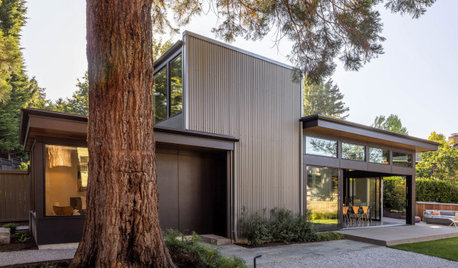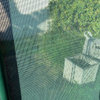question about when to lime
flowerchild5
15 years ago
Related Stories

KITCHEN DESIGN9 Questions to Ask When Planning a Kitchen Pantry
Avoid blunders and get the storage space and layout you need by asking these questions before you begin
Full Story
REMODELING GUIDES9 Hard Questions to Ask When Shopping for Stone
Learn all about stone sizes, cracks, color issues and more so problems don't chip away at your design happiness later
Full Story
SELLING YOUR HOUSE15 Questions to Ask When Interviewing a Real Estate Agent
Here’s what you should find out before selecting an agent to sell your home
Full Story
TURQUOISESummer Color Combo: Turquoise and Lime
These Two Eye-Popping Hues Will Cool You Off on Hot Days
Full Story
Easy Green: 6 Must-Answer Questions Before You Buy
Thinking about buying ecofriendly furniture? For a truly environmentally conscious home, ask yourself these questions first
Full Story
GREEN BUILDINGConsidering Concrete Floors? 3 Green-Minded Questions to Ask
Learn what’s in your concrete and about sustainability to make a healthy choice for your home and the earth
Full Story
REMODELING GUIDESConsidering a Fixer-Upper? 15 Questions to Ask First
Learn about the hidden costs and treasures of older homes to avoid budget surprises and accidentally tossing valuable features
Full Story
ORGANIZINGPre-Storage Checklist: 10 Questions to Ask Yourself Before You Store
Wait, stop. Do you really need to keep that item you’re about to put into storage?
Full Story
MOST POPULAR8 Questions to Ask Yourself Before Meeting With Your Designer
Thinking in advance about how you use your space will get your first design consultation off to its best start
Full Story
WORKING WITH PROS10 Questions to Ask Potential Contractors
Ensure the right fit by interviewing general contractors about topics that go beyond the basics
Full StoryMore Discussions







gardener_sandy
gardengal48 (PNW Z8/9)
Related Professionals
Danbury Landscape Architects & Landscape Designers · Harrison Landscape Architects & Landscape Designers · Stoughton Landscape Contractors · Berkeley Heights Landscape Contractors · East Chicago Landscape Contractors · Twin Falls Landscape Contractors · Arkansas City General Contractors · Banning General Contractors · Broadview Heights General Contractors · Endicott General Contractors · Flint General Contractors · Sulphur General Contractors · Billings Siding & Exteriors · Colorado Springs Siding & Exteriors · Loveland Siding & Exteriorssoilguy